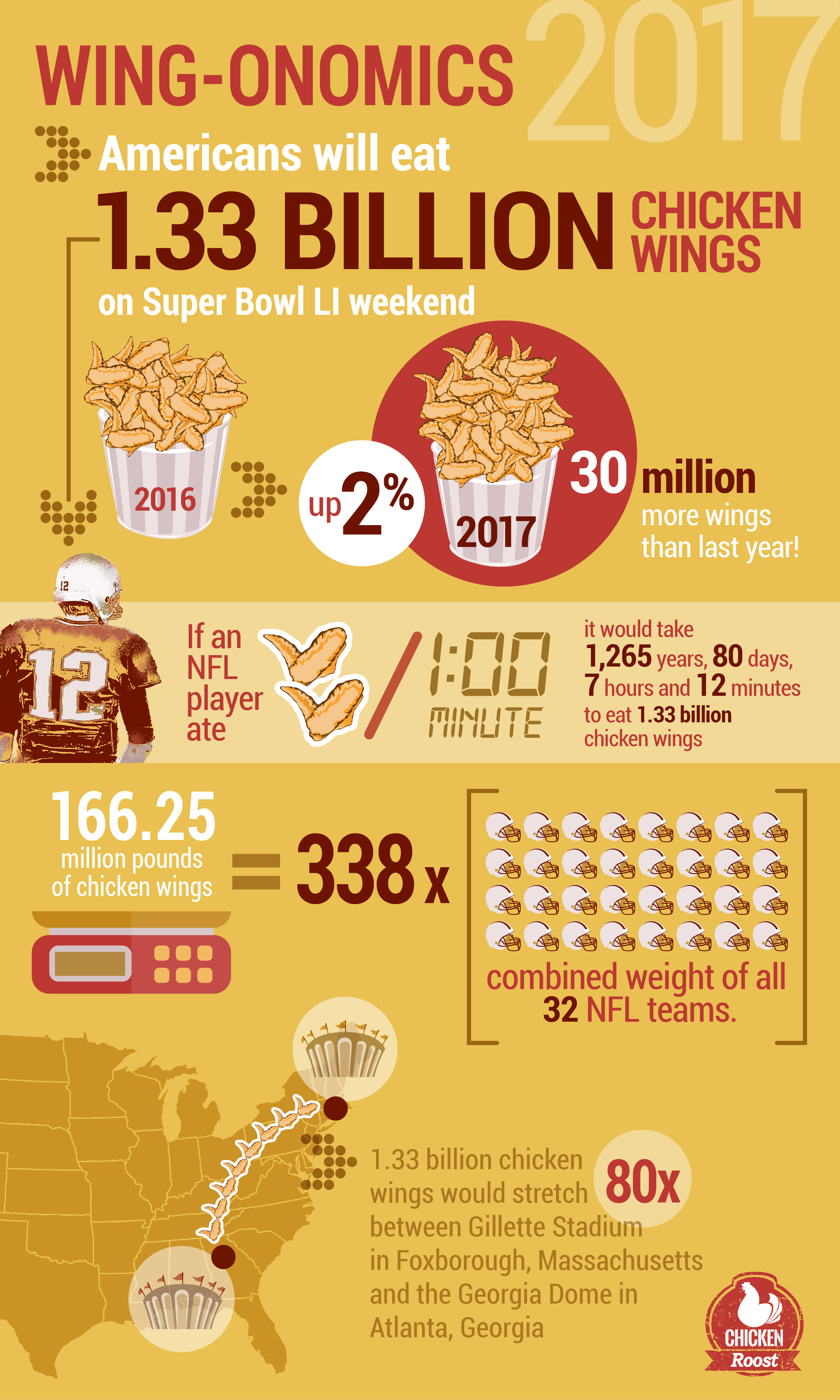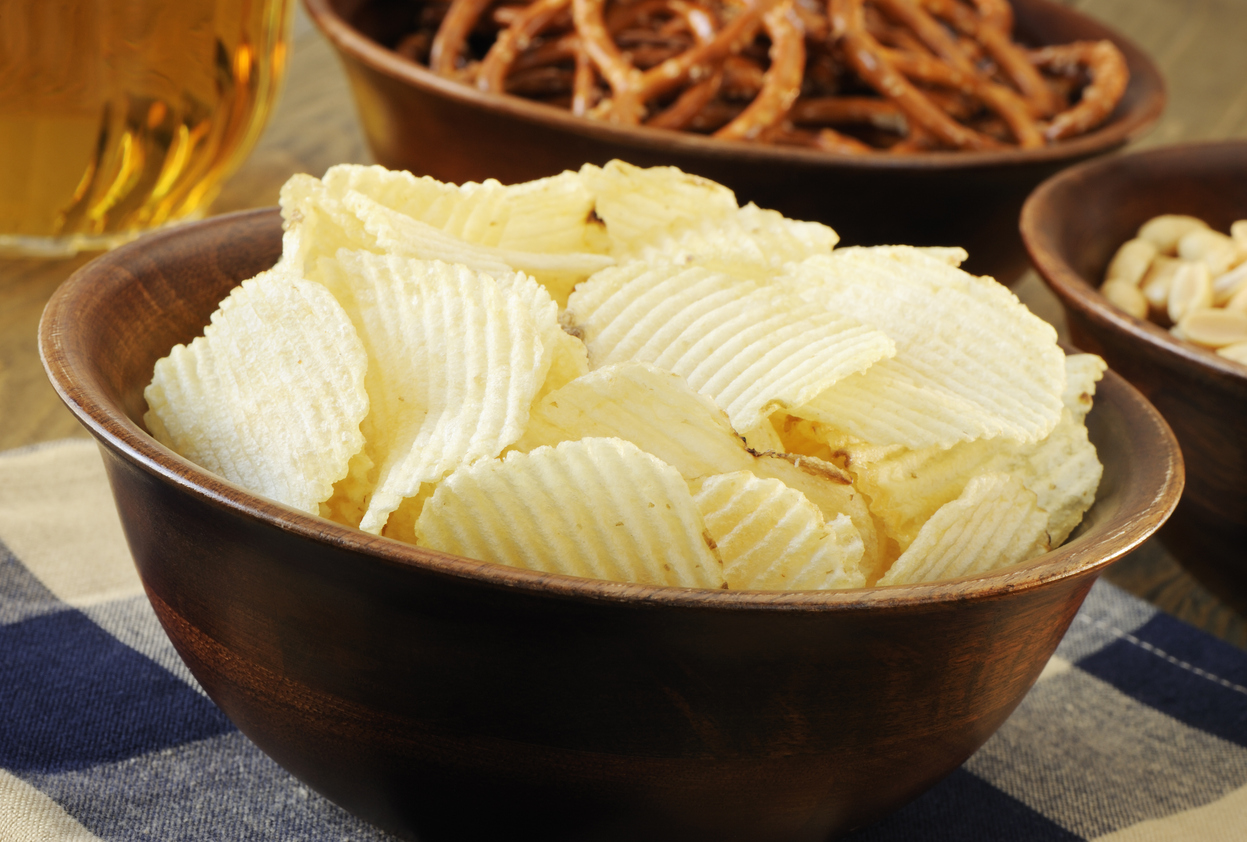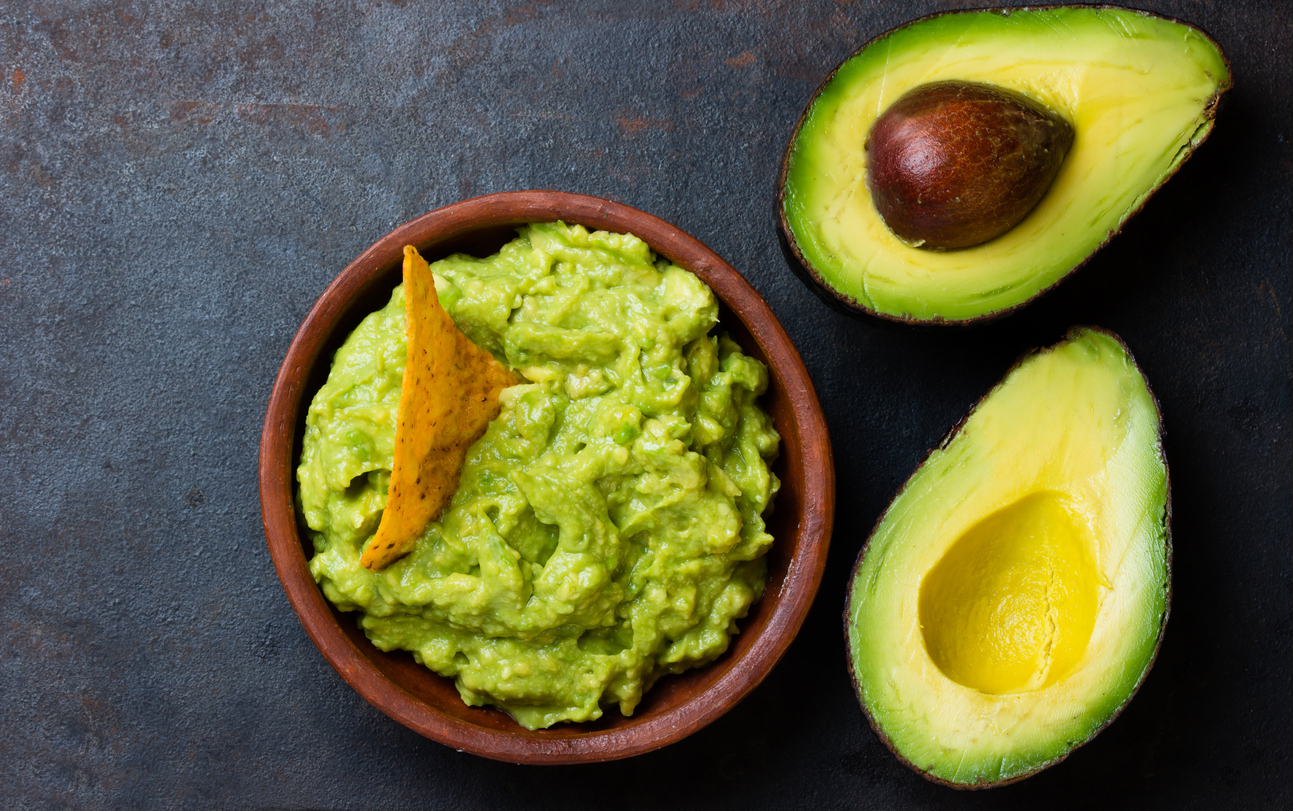Aside from Thanksgiving, Americans eat more on Super Bowl Sunday than any other day. UFCW members in grocery stores and in food processing plants across the country have been working hard to prep the meats, cheese trays, deli sandwiches, veggie platters and other great game day snacks we all love.
“This is one of the busiest times of the year for my store,” said Earl Greenlawn, a member of UFCW Local 367 who works at Kroger. “Leading up to Super Bowl Sunday, my co-workers and I put in long hours preparing food and helping customers plan their menus. We love knowing that our hard work makes it easy for people to enjoy the game with their friends and family.”
So what exactly is everyone eating during the Big Game?
1. A whole bunch of wings. Like, 1.33 BILLION wings.
Collectively, American shoppers are predicted to consume enough wings this Super Bowl that if the entire population of the United States came over for snacks, everybody could each eat four wings and there would still be plenty of leftovers.
How many wings is 1.33 billion? So many wings, that if an NFL player ate two wings per minute, it would take him 1,265 years, 80 days, 7 hours and 12 minutes to eat them all.

2. Ranch Dressing
We’re guessing this isn’t for salads. If you needed more reasons to love ranch dressing, not only was it invented by a cowboy, but UFCW members make Hidden Valley Ranch.

3. Pizza.
The Super Bowl is the busiest day of the year for pizza take out. But it’s not just take out— January also has the highest sales of frozen pizza, in part from shoppers stockpiling grub for their Super Bowl parties. Pizza delivery drivers— our hearts are with you. Godspeed.

4. Chips
According to Nielsen, Americans spend $277 million on potato chips and $225 million on tortilla chips in the two weeks leading up to the Super Bowl.

5. Avocados
Avocados are a superfood. We don’t have to feel guilty about the avocados, right? Even if we eat 104.9 million pounds of them?

Holy guacamole!
The post Super Bowl Sunday Second Highest Day of Food Consumption appeared first on The United Food & Commercial Workers International Union.